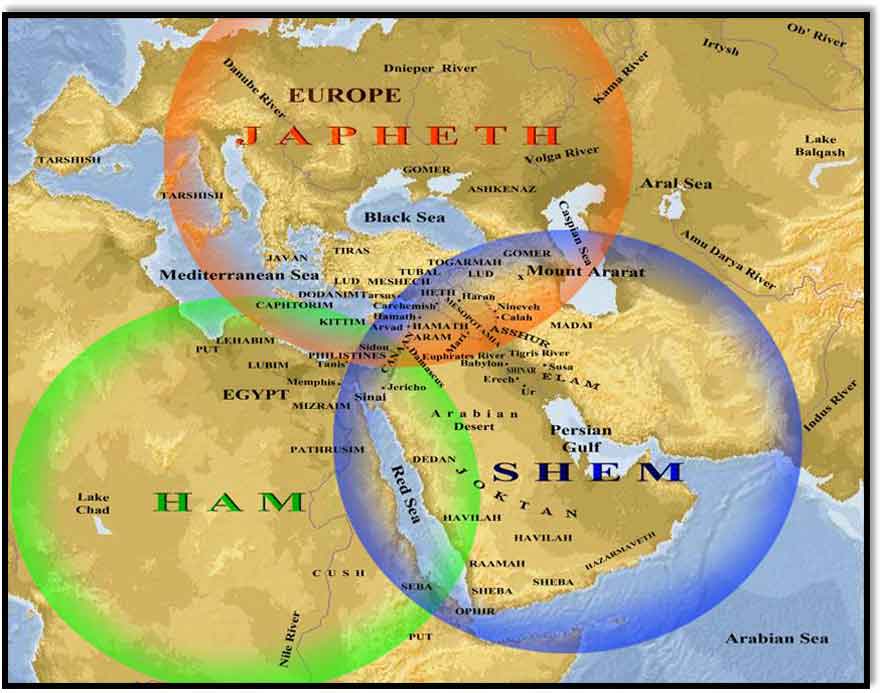Strabo made clear distinction between Macedonians and Greeks
Strabo was a Greek geographer, philosopher, and historian who lived in Asia Minor during the transitional period of the Roman Republic into the Roman Empire. Strabo is known for his work "Geographica", in his masterpiece we find a clear distinction, the ancient writer made.
In Book II, Chapter 5, 26 we read:
However, this continent has a natural advantage to meet this condition also; for the whole of it is diversified with plains and mountains, so that throughout its entire extent the agricultural and civilised element dwells side by side with the warlike element; but of the two elements the one that is peace-loving is more numerous and therefore keeps control over the whole body; and the leading nations, too — formerly the Greeks and later the Macedonians and the Romans — have taken hold and helped. And for this reason Europe is most independent of other countries as regards both peace and war; for the warlike population which she possesses is abundant and also that which tills her soils and holds her cities secure. She excels also in this respect, that she produces the fruits that are best and that are necessary for life, and all the useful metals, while she imports from abroad spices and precious stones — things that make the life of persons who have only a scarcity of them fully as happy as that of persons who have them in abundance. So, also, Europe offers an abundance of various kinds of cattle, but a scarcity of wild animals. Such, in a general way, is the nature of this continent.
As we can read, Strabo named and separated the "leading nations" in chronological order, first the Greeks, than the Macedonians following by the Romans.
Source: University of Chicago - STRABO GEOGRAPHY, Book II Chapter 5 (end)




